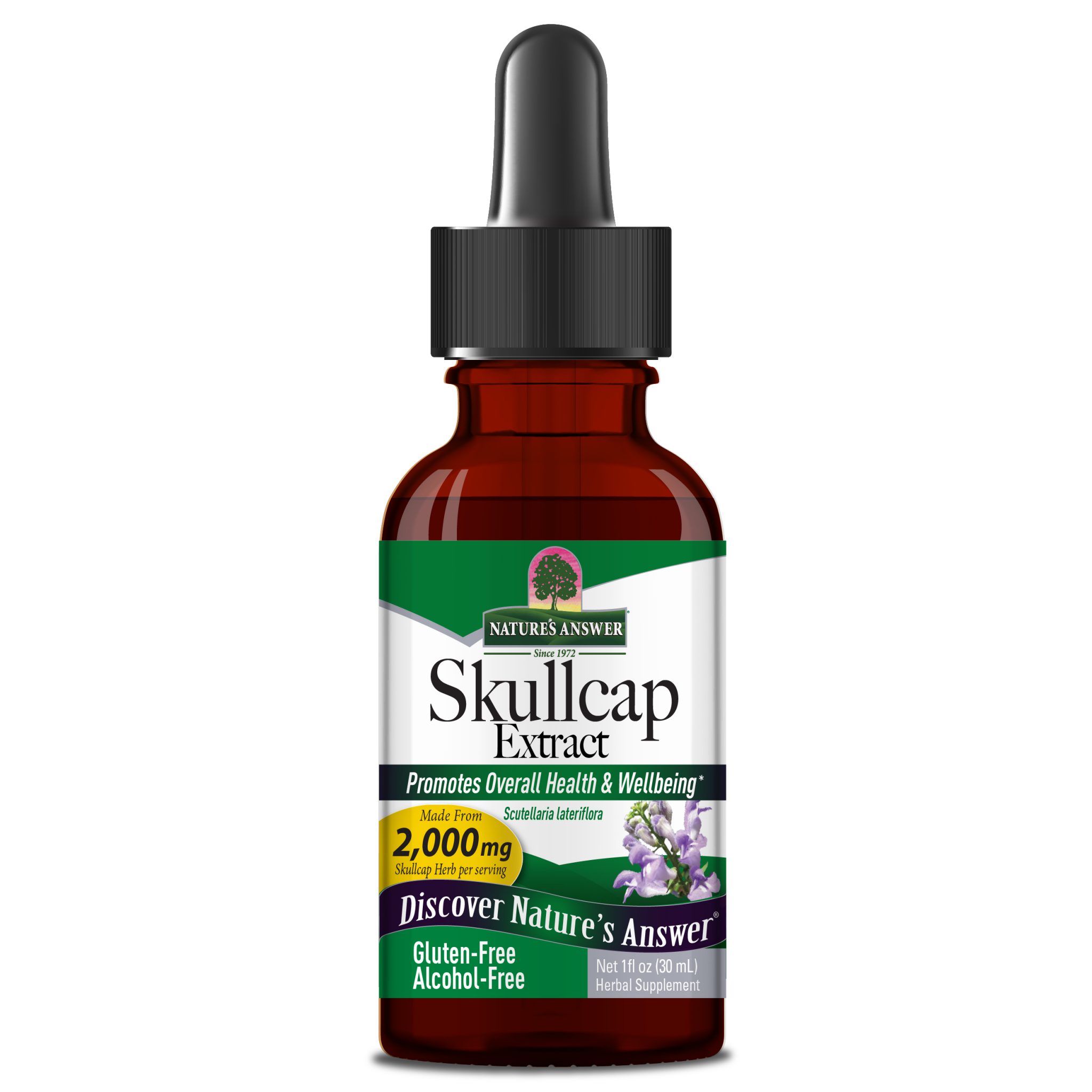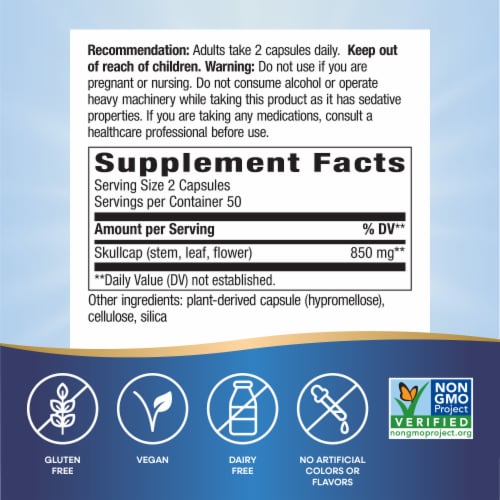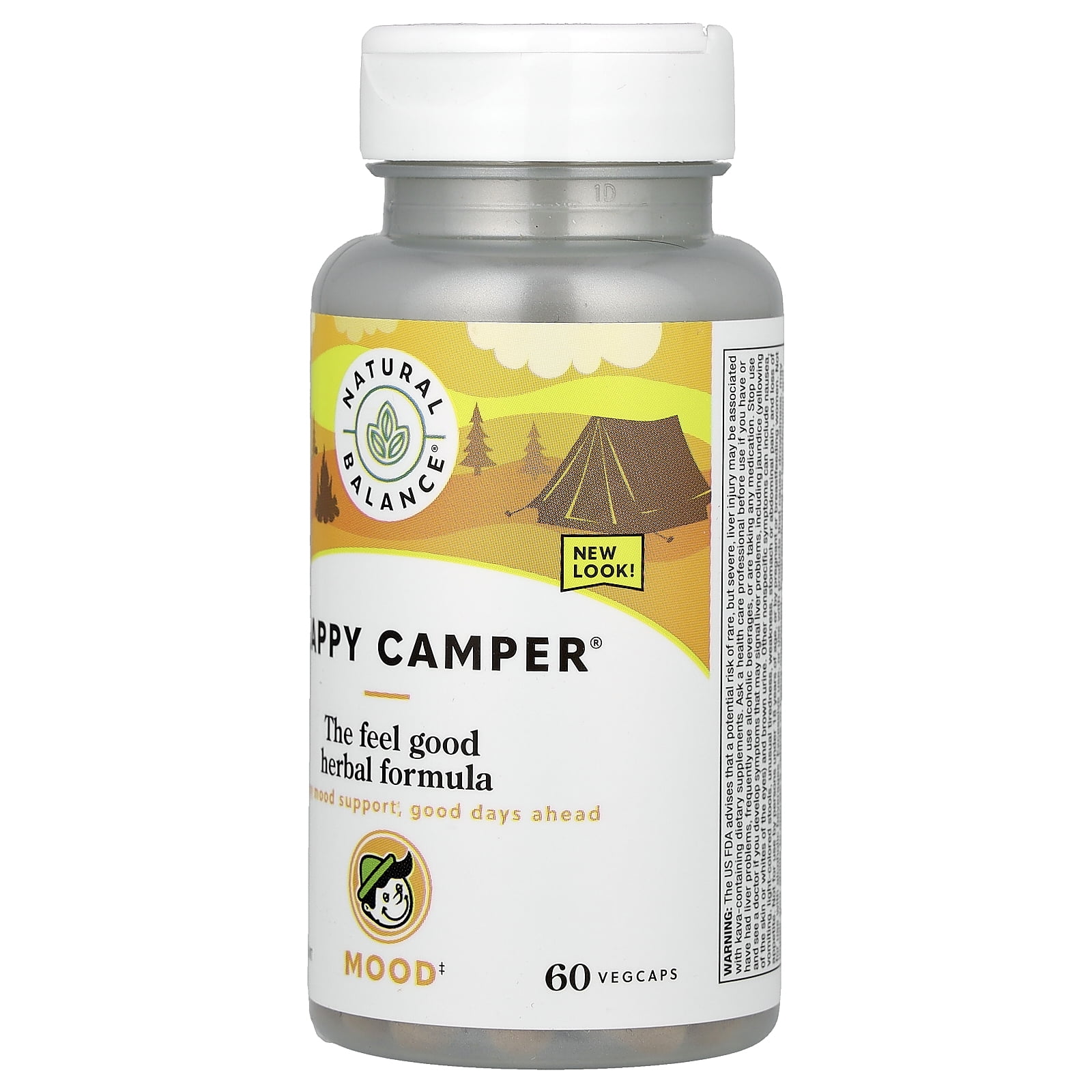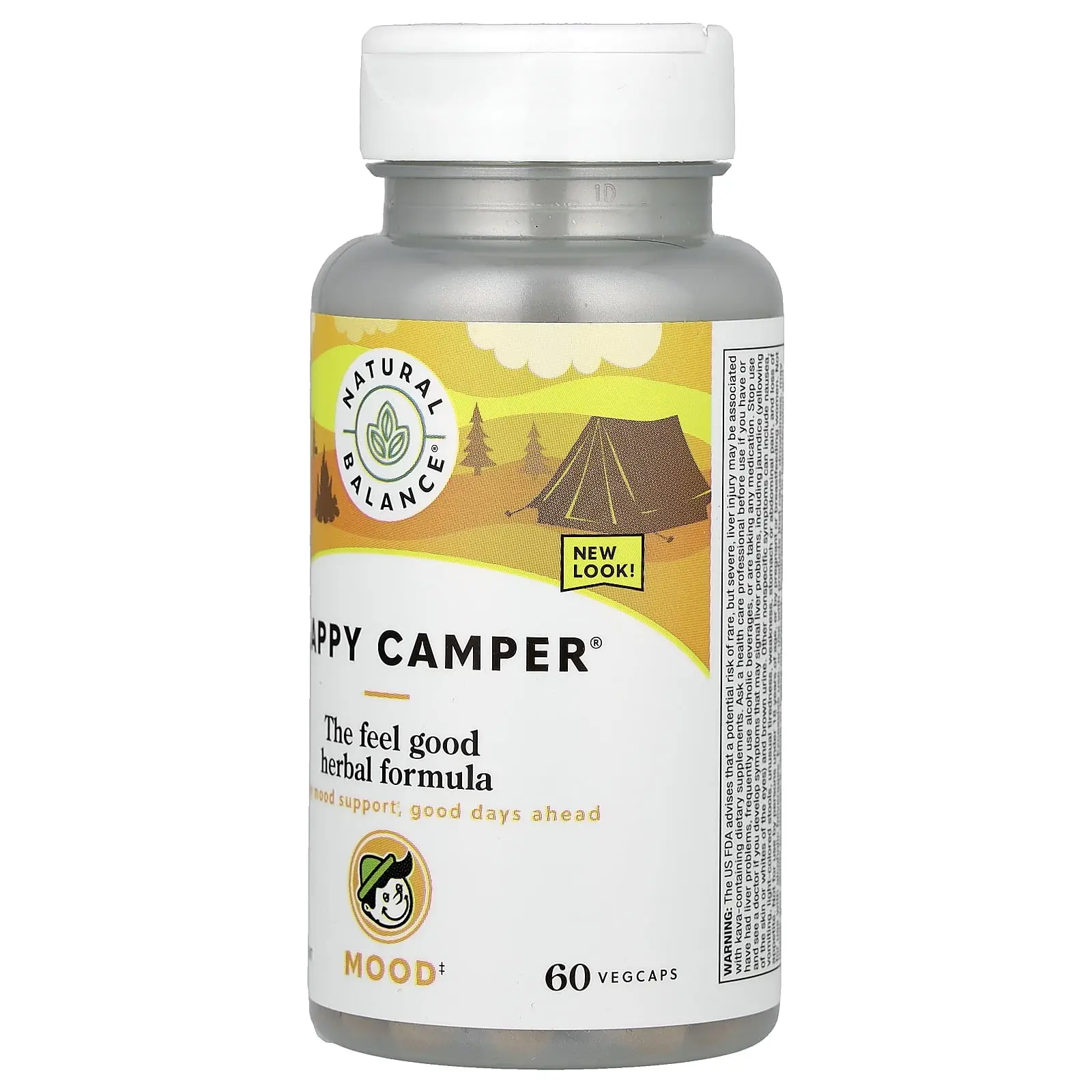Herbacap Supplement Science: What YouTube Won’t Tell You
Walk into any health store or scroll through wellness TikTok, and you’ll be hit with bold promises—“boost your brain,” “rebuild your joints,” “live longer naturally.” Herbacap, one of the trending polyherbal supplements, is getting this kind of buzz. But how much of that is real science, and how much is marketing magic?
At NeuroTechInsider.com, we usually focus on non-invasive tech for brain health—think NeuroVIZR or Apollo Neuro. But more of our readers have been asking about supplements like Herbacap. So today, we’re doing a deep dive—repurposing popular YouTube clips and stacking them against published research—to give you the real science behind Herbacap.
What Are Herbal Supplements?
Herbal supplements are products made from plant extracts and natural ingredients. They’re sold as capsules, powders, or tinctures, and claimed to do everything from improving sleep to detoxifying the liver. According to the National Center for Complementary and Integrative Health (NCCIH), over 80% of the global population uses some form of traditional herbal medicine.
Key takeaway: Herbal doesn’t always mean harmless. Natural substances can still have strong biological effects.
Unlike pharmaceutical drugs, herbal supplements aren’t strictly regulated by the FDA. That means:
- No requirement to prove efficacy before selling.
- Label accuracy can vary drastically.
- Side effects or drug interactions are often undocumented.
One of the biggest issues is label transparency. What you think you’re taking might not be what’s inside the bottle.

Herbacap: A Polyherbal Supplement
Herbacap isn’t a single-ingredient product. It’s a polyherbal supplement, meaning it combines multiple herbal extracts with vitamins, minerals, and in some versions, collagen peptides. The idea? Get synergistic effects for joint health, brain clarity, and overall wellness.
Popular ingredients in Herbacap blends include:
- Skullcap – traditionally used to ease anxiety and improve sleep.
- Ashwagandha – known for stress reduction and cortisol balance.
- Turmeric – anti-inflammatory effects, especially for joints.
- Ginkgo Biloba – believed to enhance memory and focus.

These ingredients aren’t just pulled from thin air—there is some scientific support for their use. For example, turmeric has been studied for its anti-inflammatory and antioxidant properties, especially in osteoarthritis.
But here’s the thing: most Herbacap claims aren’t backed by large-scale, double-blind, placebo-controlled clinical trials.
How YouTube Clips Shape Supplement Perception
YouTube is the new wellness encyclopedia. Just search “Herbacap supplement review” and you’ll find dozens of clips—from gym bros to naturopaths—talking about their experience. Many of them highlight:
- “I felt more energetic in just two days.”
- “My knees don’t hurt anymore!”
- “It cleared up my brain fog.”
And while anecdotal experiences can be compelling, they’re not the same as rigorous data. What these videos often leave out is:
- Dosage inconsistencies.
- Interactions with other meds or supplements.
- Whether the user also changed diet, sleep, or workout habits.
It’s not just about the stories people tell—it’s also who is telling them.
Influencer vs. Expert Opinions
There’s a major difference between someone who sells supplements on their website and a PhD in nutritional science. Many influencers aren’t qualified to interpret studies or speak to safety. That doesn’t mean they’re lying—but it does mean you should fact-check their claims.
Pro tip: Look for commentary from credentialed professionals—dietitians, MDs, PhDs—especially in YouTube reviews that dive into ingredients and study data.

Scientific Research on Herbal Supplements
This is where it gets real. While individual ingredients in Herbacap have some backing, polyherbal formulas are rarely studied as a complete unit. That means we often don’t know how these herbs work together—or whether they compete in the body.
Clinical Trials: Where’s the Evidence?
Let’s start with what exists. Studies on specific herbal combinations have shown improvements in blood sugar regulation or cholesterol levels. Others show anti-inflammatory effects in osteoarthritis patients.
Polyherbal Studies on Blood Sugar & Cholesterol
- A 2020 study found a 12-herb capsule reduced fasting glucose in prediabetic adults over 12 weeks.
- Another trial in India showed modest reductions in LDL and triglycerides with a polyherbal mix.
Still, most of these trials:
- Have small sample sizes (n < 100)
- Are often industry-funded
- Don’t disclose potential side effects transparently
Specific Herb Evidence (Turmeric, Skullcap, etc.)
Let’s zero in on the herbs:
- Turmeric (Curcumin): Proven anti-inflammatory in high doses (over 500mg), but bioavailability is low without pepper extract.
- Skullcap: Mild sedative effects documented in rodents, but human trials are limited and outdated.
- Ginkgo Biloba: May support memory in older adults, but effects are small and results are mixed.

Coming up in Part 2: We’ll break down side effects, liver toxicity, label fraud, and how to choose the safest herbal supplement. Stay tuned—or better yet, subscribe to our free email digest for science-packed wellness news.
Safety, Side Effects & Interactions
Let’s talk about what rarely makes it into YouTube clips: the risks.
While most users won’t experience issues with herbal supplements like Herbacap, some people absolutely can. Adverse events are underreported in this industry, but that doesn’t mean they don’t exist. According to the FDA, dietary supplements are among the top causes of ER visits related to complementary medicine.
Liver Toxicity from Overuse
One major concern is **liver damage**. Multiple case studies have linked high doses of turmeric, green tea extract, and ashwagandha—ingredients found in many polyherbal formulas—to hepatotoxicity. In 2020, a case report in BMJ Open Gastroenterology detailed acute liver injury in a healthy 40-year-old after just four weeks of herbal supplement use.
Common Drug Interactions
Here’s where it gets even trickier: herbs can interact with prescription medications. St. John’s Wort, for instance, can reduce the effectiveness of birth control pills, antidepressants, and even HIV medications. Ginkgo may increase bleeding risk when taken with anticoagulants.
Always consult your healthcare provider before taking Herbacap or any supplement, especially if you’re on other meds or managing a chronic condition.
Label Accuracy and Quality Concerns
What’s listed on a label isn’t always what’s inside. In a 2015 analysis by the University of Guelph, researchers found that 59% of herbal supplements tested contained plant species not listed on the label, while others didn’t contain the advertised ingredients at all.
Hidden Ingredients in Supplements
- Some capsules include synthetic fillers like magnesium stearate or silicon dioxide.
- Others were found to contain allergens such as soy or gluten, despite being labeled “free of.”
- There have been documented cases of products spiked with pharmaceutical compounds.
Third-Party Certifications: Do They Matter?
Yes, massively. Products certified by groups like ConsumerLab, NSF, or USP go through extra scrutiny. These organizations test for:
- Ingredient authenticity
- Contaminant levels (e.g., heavy metals, pesticides)
- Label accuracy
Before buying Herbacap, ask: Is it tested? Is it certified? Is it traceable?
Practical Takeaways for Consumers
How to Evaluate Herbacap and Similar Products
Here’s a quick checklist before adding any supplement to your cart:
- Look for transparency: Are all ingredients clearly labeled, with dosages?
- Check for certifications: Is it NSF or ConsumerLab verified?
- Beware of overpromises: “Cures,” “miracles,” and “overnight results” are red flags.
- Do the research: Look up clinical studies on individual ingredients (PubMed is your friend).
- Understand your body: Don’t stack 5-6 supplements without tracking effects.
When to Consult a Healthcare Professional
You should absolutely talk to your doctor or pharmacist if you:
- Are pregnant or breastfeeding
- Take any daily medications (even OTC ones)
- Have liver, kidney, or metabolic conditions
- Are preparing for surgery or a procedure
Bottom line: Your liver doesn’t care if it’s “natural”—toxins are toxins.
Final Thoughts: Are Herbal Supplements Worth It?
Here’s the honest truth: Herbacap could help—but it could also harm. Without proper testing, regulation, or oversight, even well-meaning products can be risky. That said, the right supplement, used wisely, might support your wellness goals.
But as a platform built on neurotechnology and scientific evaluation, we believe smart tech > smart pills. Devices like the Apollo Neuro vs. Sensate can activate the vagus nerve without a single capsule. Or maybe explore 40Hz light-sound stimulation with NeuroVIZR—shown to improve focus and sleep without crossing your gut-liver barrier.
At NeuroTechInsider.com, we’re not anti-supplement. We’re just pro evidence.
FAQs
❓ Is Herbacap FDA approved?
No. Like most herbal supplements, Herbacap is not FDA-approved. It’s considered a dietary supplement and regulated under different, looser standards.
❓ Can I take Herbacap with other medications?
Always consult your doctor. Herbs can interact with common drugs, including antidepressants, blood thinners, and antibiotics.
❓ Are there clinical studies on Herbacap?
Not on Herbacap as a brand. However, some of its ingredients—like turmeric and ginkgo—have been studied individually. Results are mixed and usually context-dependent.
❓ What’s better: supplements or wearable neurotech?
Depends on your goal. Supplements are easier but less regulated. Wearables offer measurable biofeedback and are often backed by research. Check our comparison guides for devices targeting anxiety, ADHD, and sleep issues.
Want to stay updated on the latest science behind sleep, focus, and brain wellness? Join our weekly digest. Zero hype, just data.
This article is part of our Supplement Science series. Explore more at NeuroTechInsider.com.
